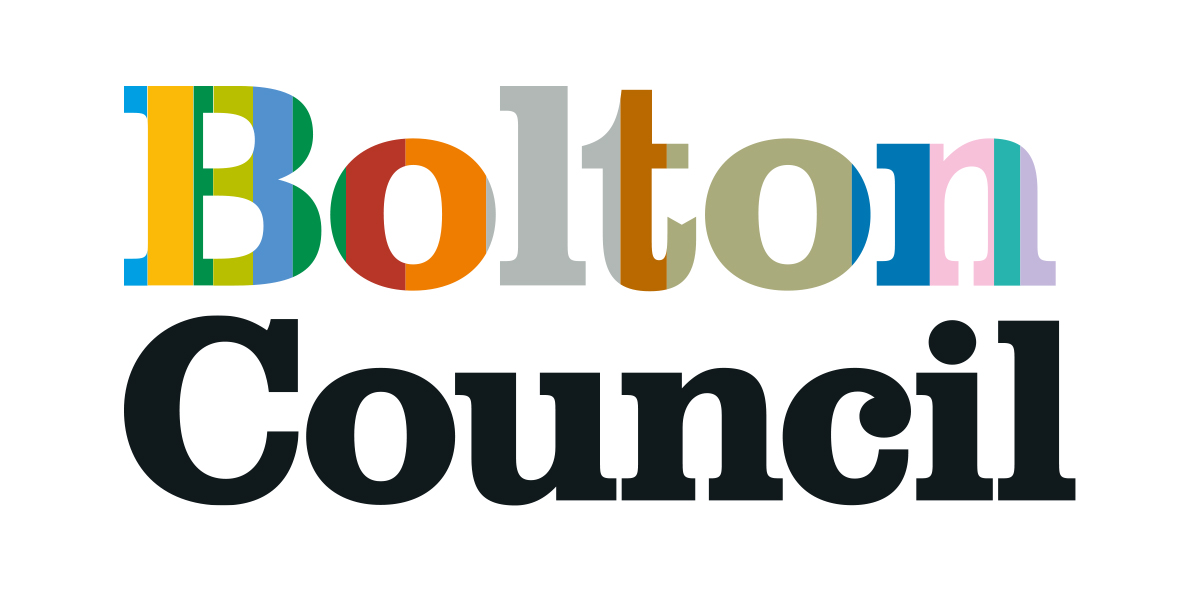Council looks to empower communities through property transfers

CAT schemes involve transferring buildings, or land, from a statutory body like a council to a community organisation.
This often involves granting a community organisation a lease at less than the market value.
Along with the cost saving to the council, CAT schemes promote community participation and strengthen the local authority’s partnership with the voluntary and charitable sector.
All transfers are subject to a rigorous assessment and are decided following consultation with ward councillors.
A pilot for the scheme is already well underway focused on 52 Washacre in Westhoughton, a council owned building that has been empty for several years.
Following an independent assessment, the former family support centre is soon set to be handed to The Darren Deady Foundation, an armed forces charity.
The foundation is finalising a detailed schedule of works for the building, and the lease for the property is due to be concluded soon.
The foundation supports former soldiers and their families, offering practical support and advice on issues like access to work, benefits and housing.
A number of other proposed CATs are also listed by the council, one of which is the Grade II listed Rock Hall in Moses Gate Country Park following a successful £4m bid to the National Lottery Heritage Fund by Banana Enterprise.
Cllr Sue Haworth, Bolton Council’s Executive Cabinet Member for Property, said:
“As a council, we want to make sure our assets are being put to the best possible use in order to benefit residents across the borough.
“We recognise that in some cases, community groups are better placed than we are to manage these assets.
“The CAT process brings underused buildings back into community use, reduces council maintenance costs, and gives Bolton’s many outstanding Voluntary Community Sector organisations the chance to do even more for local people.”
Organisations who wish to apply for a transfer of ownership must first demonstrate “community value”.
This means they must be able to evidence that their use of the asset will further the social wellbeing or social interests of the local community.
Typical examples include groups with a cultural, recreational or sporting interest.
Anyone interested in finding out more about CAT can find out more by visiting Bolton Council’s website.

